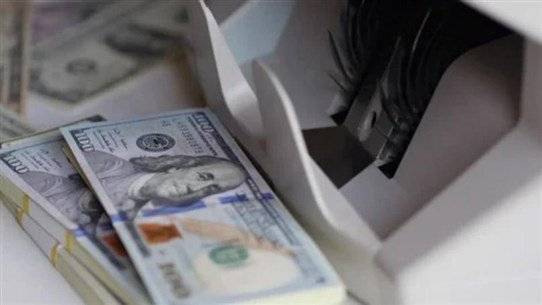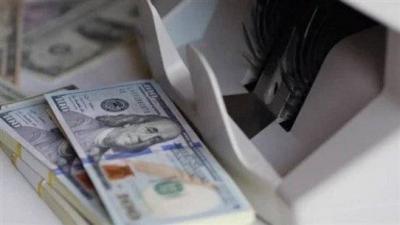Since mid-2021, the system has plunged the country and its citizens into a "vortex" of the customs dollar. Everyone wants it, but no one dares to take responsibility for its solitary approval. The successive governments since the onset of the collapse have turned a "blind eye" to Law 93, enacted on October 10, 2018, which grants the government the right to legislate in the customs field for five years through decrees made in the Council of Ministers. Regarding customs tariffs, the government is authorized to delegate the Higher Customs Council to perform this role, considering the urgent nature of customs legislation. So why all this circumvention? And to whose benefit is the delay in approval if it is an inevitable matter in the end?
In the past twelve months, between August 2021 and this August, imports have significantly increased, contrasting with the fact that 80% of Lebanese people are living below the poverty line. The value of imports exceeded $13 billion by the end of 2021, which observers deemed a "dangerous indicator" reflecting large quantities of goods being purchased in anticipation of raising the customs dollar and stockpiling them to achieve substantial profits after its approval. This situation deprives the state of benefiting from the implications of this burdensome tax on citizens for at least a year. According to the source, "traders who evaded reducing their prices during the past three years, despite most of their costs, including customs fees, remaining based on 1,500 lira, will add the new tariffs to prices, leading to a significant increase."
The government referred the decree to adopt the customs dollar at the Sayrafa rate to the President for signature but later reduced the figure in a non-official session to 20,000 lira. In either case, "the burdens will be substantial for citizens, although there are promises not to include essential consumer goods," according to the source. Living decently cannot be limited to basic foodstuffs, "and many items subjected to the new tariffs, classified as luxury, are essential and cannot be dispensed with even by poor citizens. As demand for many goods and brands decreases due to purchasing power shortages, these will vanish from Lebanon, forcing everyone to change their living standards."
The customs tariff, expected to generate revenues in the thousands of billions of lira (between 4,000 and 10,000 billion lira), will not meet expectations. On one hand, increasing taxes in times of contraction leads to surpassing the "maximum collection ceiling of the Laffer curve." This means that revenues will decline for two reasons: the first relates to reduced consumption, and the second pertains to increased tax evasion and smuggling through dozens of illegal crossings. Thus, this "tax" will burden the economy, hinder its growth, and lower the living standards of Lebanese citizens without achieving its intended goals. Particularly since it comes alone, detached from other corrective measures required in salaries and banking withdrawals, which are still based on a rate of 8,000 lira, and without eliminating the exemptions enjoyed by some associations affiliated with religious parties.




